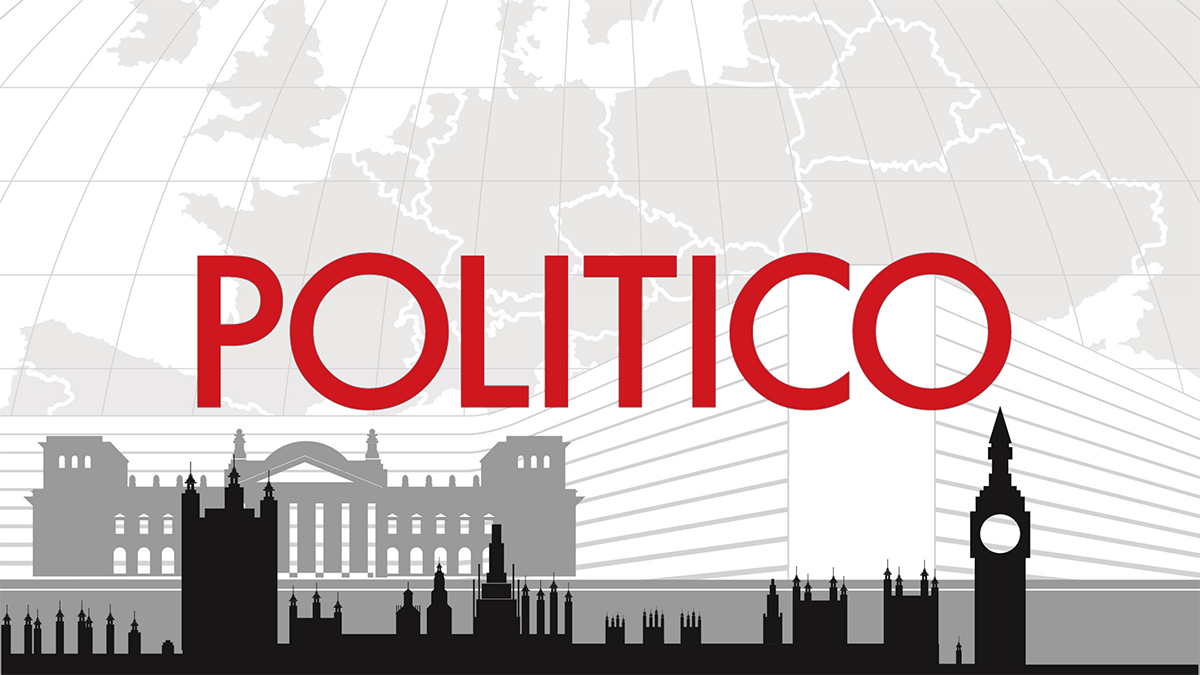

In a development that underscores the growing scrutiny over technology platforms, the French judiciary has initiated a formal investigation into allegations of algorithmic manipulation by the social media platform X, owned by the American entrepreneur Elon Musk. This action, announced on July 11, 2025, marks a significant step by French authorities to ensure transparency and fairness in digital spaces.
The Paris prosecutor, Laure Beccuau, confirmed in a communiqué that the National Gendarmerie has been entrusted with conducting this investigation. This inquiry arises from complaints lodged by a French lawmaker alongside claims from a senior civil servant whose identity remains undisclosed. These complaints suggest concerns that the algorithm used by X might be influencing the visibility and dissemination of information on the platform in a manner that could be interpreted as undue interference.
The focal point of this investigation is the sophisticated algorithm that X employs to prioritize content for its users. Such algorithms are central to social media platforms as they determine which posts appear on users’ feeds, potentially shaping public opinion and access to information. Amidst rising concerns about the power these algorithms hold, especially in the political sphere, regulatory bodies around the world are paying closer attention to how these algorithms function and the potential implications of their operations.
The investigation in France reflects broader concerns about transparency and ethical considerations in algorithmic decision-making. With technology rapidly evolving and algorithms becoming more complex, ensuring their operations are fair and transparent has become increasingly central to maintaining public trust in digital platforms. This investigation seeks to uncover whether any manipulations within the algorithm might be leading to a biased presentation of content, thus potentially impacting the democratic process or the fairness in information dissemination.
Elon Musk’s acquisition of X, formerly known as Twitter, has been a point of widespread debate and interest, influencing conversations not only in technological circles but also in regulatory domains. With Musk’s significant influence in both technology and socio-political discussions, his platforms are naturally under keen observation by authorities aiming to safeguard public interest.
The French authorities’ move to investigate these claims demonstrates a commitment to addressing potential misinformation or biased content distribution, which has become a growing concern globally. Social media platforms have previously been under the spotlight for the spread of misinformation, particularly around significant political events. This step by France to probe into the claims of algorithmic interference showcases a proactive approach to understanding and managing the digital landscape within its jurisdiction.
As this investigation unfolds, it will be crucial for other technology companies to observe and learn from the proceedings, adapting practices to align with consumer expectations and legal standards. Whether this leads to changes in how algorithms are developed or monitored remains to be seen, but it undeniably sets a precedent in the regulatory approach towards digital platforms and their accountability.
The dialogues emerging from this case are expected to contribute to broader conversations about privacy, user data rights, transparency, and the ethical deployment of technology in public spheres. As the world continues to navigate these complex issues, the outcomes of such investigations have the potential to shape the future of digital interactions substantially.
Source: {link}
